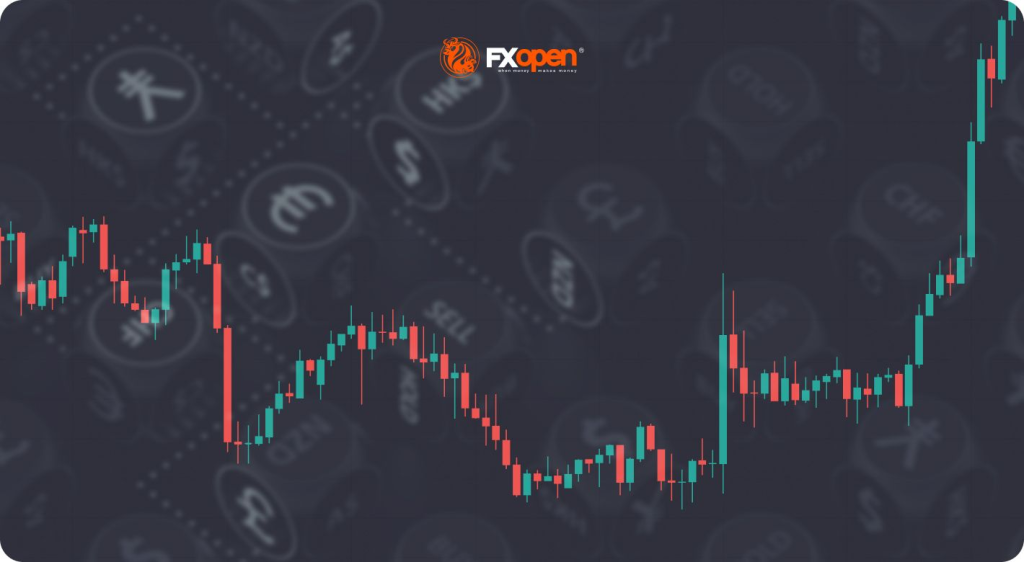Forex, short for international change, is the biggest financial industry in the world, with a regular trading size exceeding $6 trillion. It’s wherever currencies are acquired and bought, rendering it an important part of worldwide finance. Forex trading requires the change of 1 currency for yet another, and their popularity stalks from the ability to profit from the fluctuating change rates.
The forex market works 24 hours a day, five times weekly, because of their decentralized nature. Key economic locations global, such as London, New York, Tokyo, and Sydney, contribute to the constant trading activity. This convenience helps it be convenient for traders from different time zones to participate.
Forex trading generally does occur in currency pairs, such as for example EUR/USD (Euro/US Dollar) or USD/JPY (US Dollar/Japanese Yen). The very first currency in the set is the beds base currency, and the second is the offer currency. The trade rate presents the amount of the quote currency needed to get one product of the beds base currency. Traders speculate on whether a currency will enjoy (go up) or depreciate (go down) in value relative to their counterpart.
To take part in forex trading, one requires a forex broker, a financial intermediary that gives use of the forex market. Brokers present different trading tools, instruments, and resources to help traders produce informed decisions. Moreover, traders can decide between several types of records, such as for example normal, mini, or micro accounts, depending on their chance tolerance and trading capital.
Complex and elementary examination are two basic methods used in forex trading. Technical examination involves studying historic price charts, habits, and signals to estimate future value movements. In comparison, basic analysis focuses on economic and geopolitical factors that could affect currency values. Effective traders frequently mix both techniques to produce well-informed trading decisions.
Risk management is a crucial part of forex trading. Traders use stop-loss instructions to limit potential failures and take-profit requests to secure profits. Power, a double-edged sword, can improve both increases and failures, therefore it must be used wisely. Traders should not spend more than they are able to lose.
Psychology represents a significant position in forex trading. Feelings like fear and greed can lead to impulsive choices, producing losses. It’s critical for traders to expert advisor keep up discipline and stick to a trading plan. Regular understanding, exercise, and establishing to adjusting market problems are essential to long-term achievement in the forex market.

In summary, forex trading is a dynamic and accessible industry that gives sufficient options for profit. Traders may take part in this global industry, capitalizing on currency price fluctuations. However, it’s essential to method forex trading with caution, focusing chance administration, knowledgeable decision-making, and continuous learning to understand the complexities of the foreign change market.
